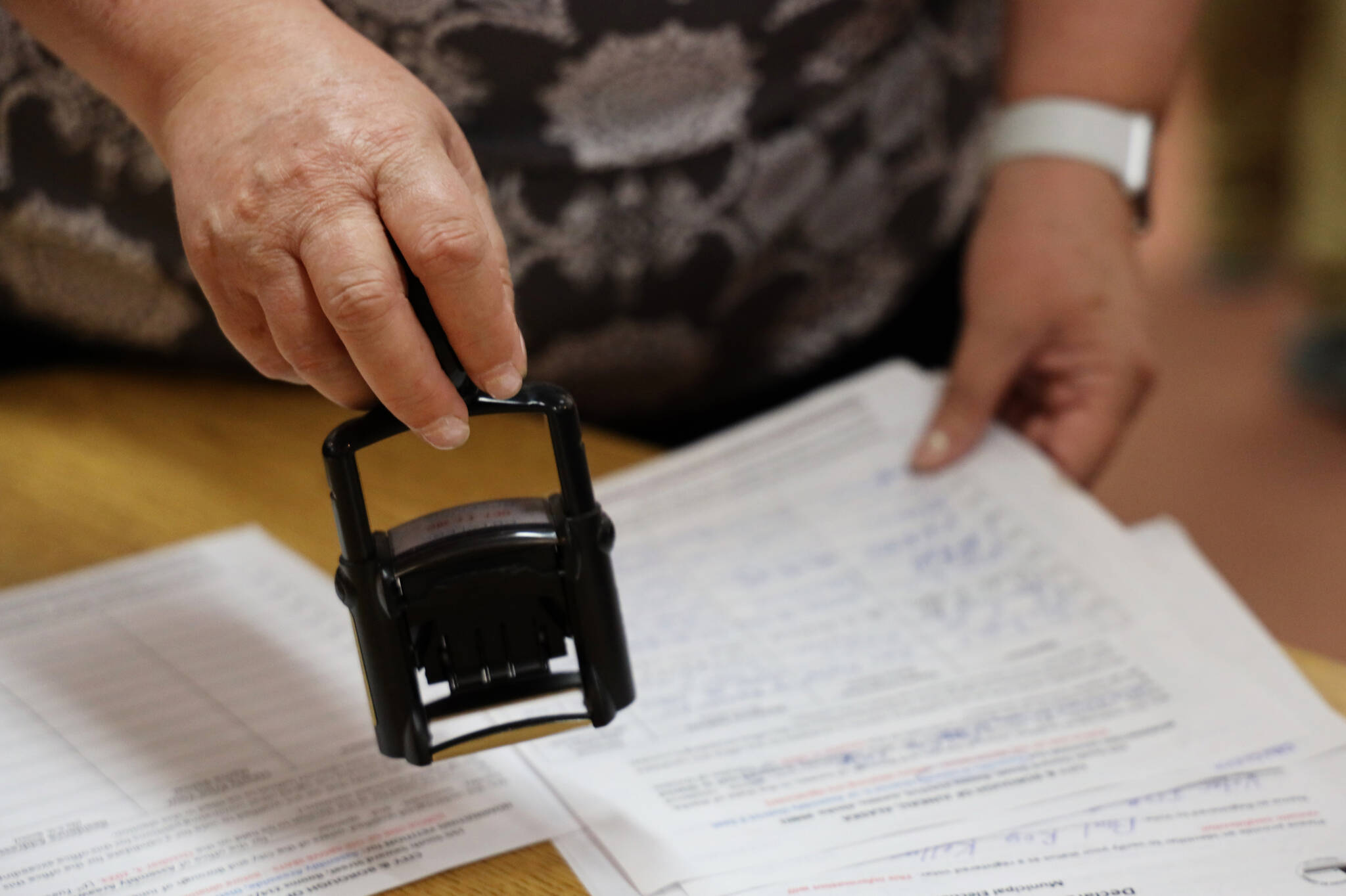An Abbotsford charter coach operator says she is one of many drivers who could be sidelined by a bureaucratic backlog.
Katharine Wallace has been on medical unemployment since the beginning of June, after a diagnosis of obstructive sleep apnea. The diagnosis meant her licence had to be revoked. Since then, her doctor has cleared her to return to work. It’s been several weeks now, and no sign of her licence being reinstated.
“I phoned ICBC to inquire about the process,” she said. “I was advised that they were 100 days backlogged and working on submissions from April 11.”
Wallace has done the math and that puts her case into a worker’s hands around February 2024. Her unemployment coverage ends at the end of October, and according to her physician, she can do her job.
“This is untenable,” she said. “The fallout from this issue could be catastrophic for me as I am behind the eight-ball, so to speak. I do not wish to become a statistic and I feel quite powerless.”
Wallace has even reached out to her MLA, Bruce Banman, for help. She’s waiting to hear if anyone can possibly speed things up, and in the meantime, has found alternative work to pay the bills.
“I do not know how many people within ICBC process medical documentation but that means there are many others ahead of me who are being held up as well,” she said.
When asked about the apparent backlog, an ICBC media spokesperson clarified that medical issues are handled by RoadSafetyBC, which is operated by the provincial government.
The RoadSafetyBC website explains that its “Driver Fitness Program team reviews all driver medical fitness cases.”
“The team includes intake agents, adjudicators and case managers who are nurses. Adjudicators make most driver fitness decisions, but case managers decide on complicated cases and consult with adjudicators.”
The team follows the Canadian Council of Motor Transport Administrators Medical Standards for Drivers with B.C. Specific Guidelines when making driver medical fitness decisions.
The Ministry of Public Safety and Solicitor General responded to an email regarding the file, noting RoadSafetyBC cannot speak to any individual’s file, and that they review more than 200,000 medical assessments a year.
“Driver Medical Fitness files are triaged by the program based first on medical urgency and then reviewed in the date order they are received,” the ministry explained via email. “As drivers have a wide range of medical conditions, it is difficult to estimate time frames for reviews, due to the unique nature of each file.”
Like many other backlogs, this one is partly due to the pandemic.
“At the onset of the pandemic, medical assessment requirements were halted, but now have been restarted, with the result that the volume of medical assessments are currently higher than usual,” the email continued.
Still, there may be hope for Wallace, and others like her.
“Due to the higher than usual program volumes as well as some medical complexities, depending on the individual circumstances some cases can take around 100 days to be processed; there is however an escalatory procedure for case review for drivers who are without a driver’s license and have communicated to us that a lengthy delay in review may cause extreme hardship such as loss of job, significant financial loss, etc.”
RoadSafetyBC is also working on digitizing and transforming Driver Medical Fitness “to increase the efficiency of the program and ensure increasing volumes can be managed while meeting service demands.”
The project aims to reduce processing times and backlogs, improve customer service and communication, and improve tracking and reporting of data through automated information collection methods, they stated.
READ MORE: Road rage incident no excuse in Langley crash case: tribunal

